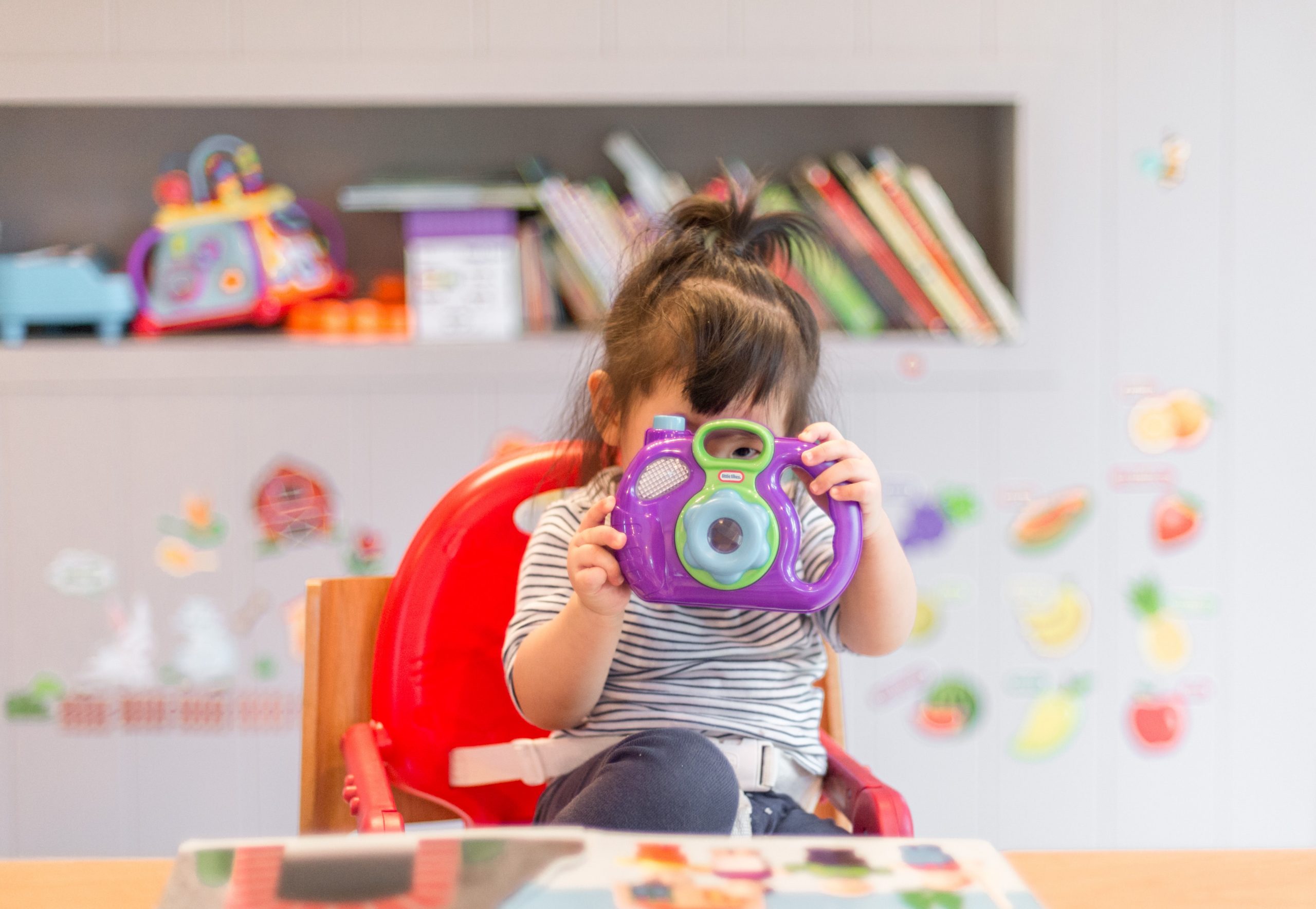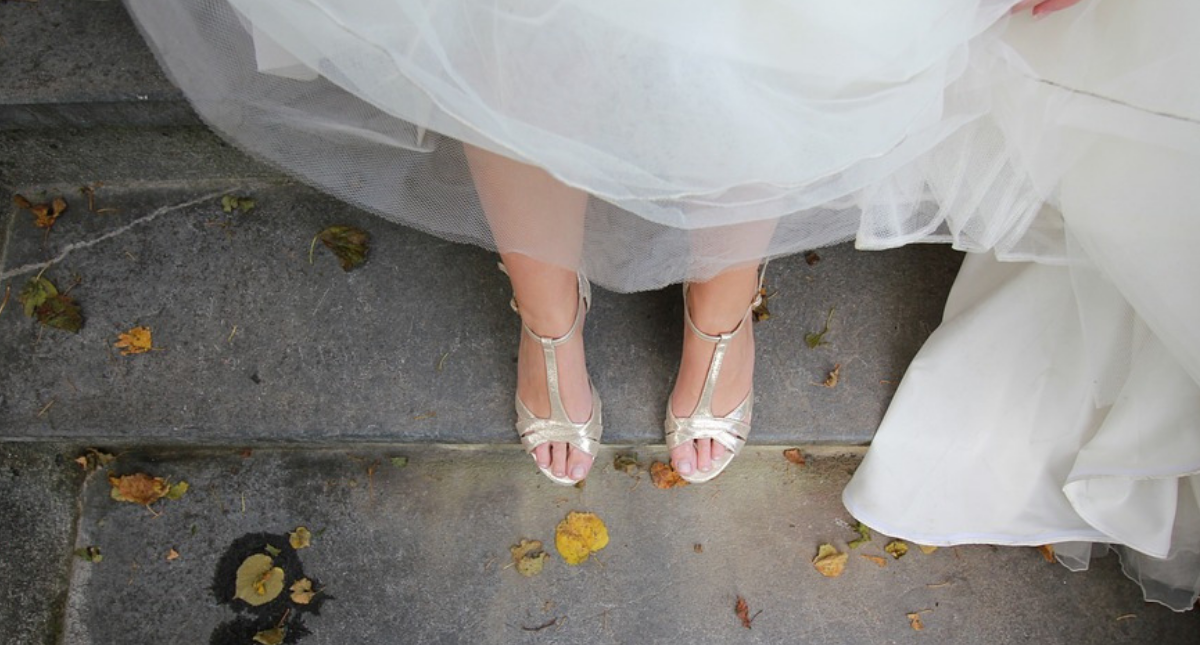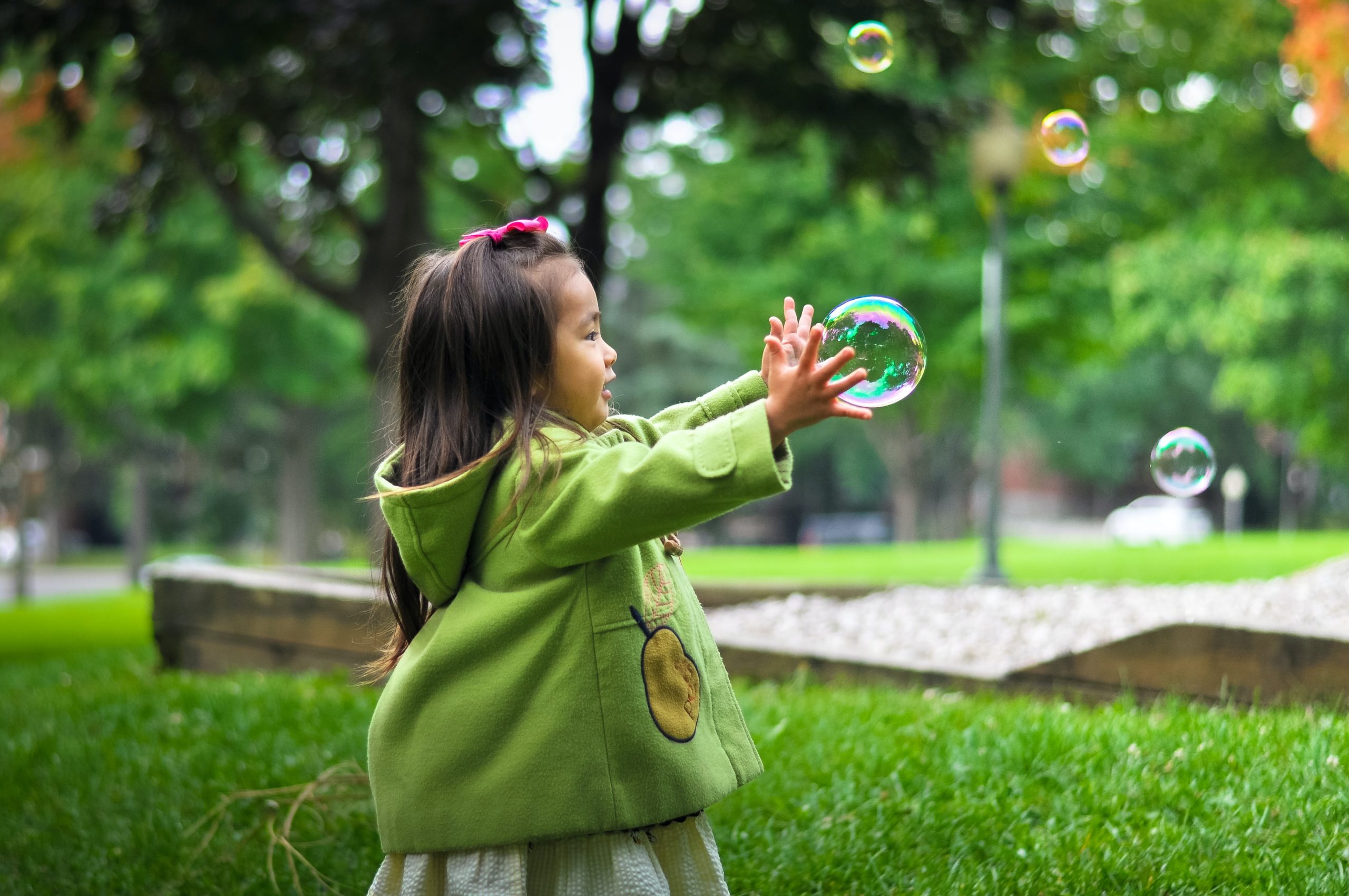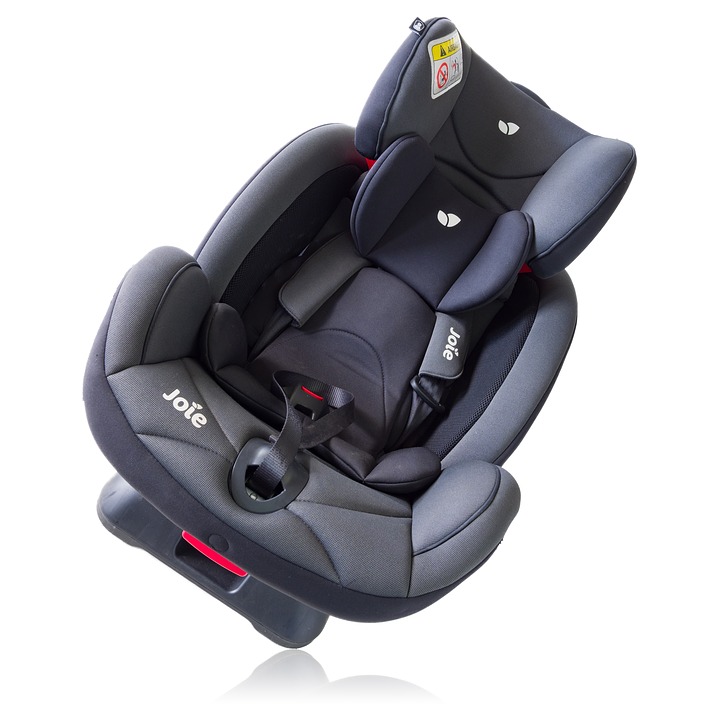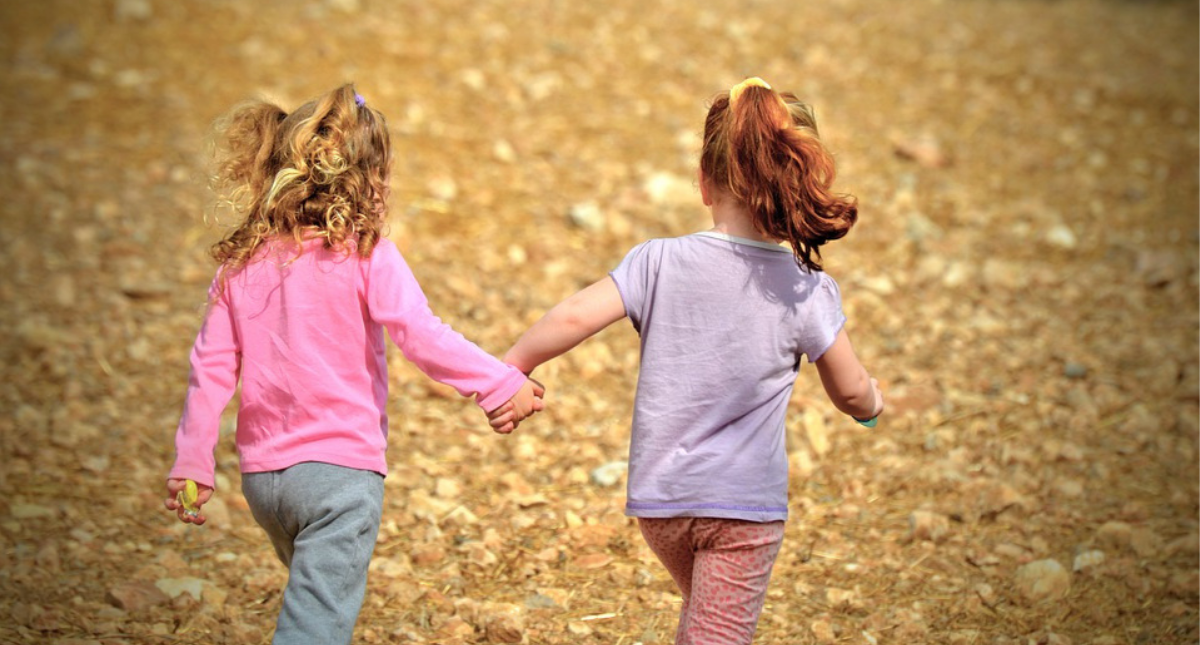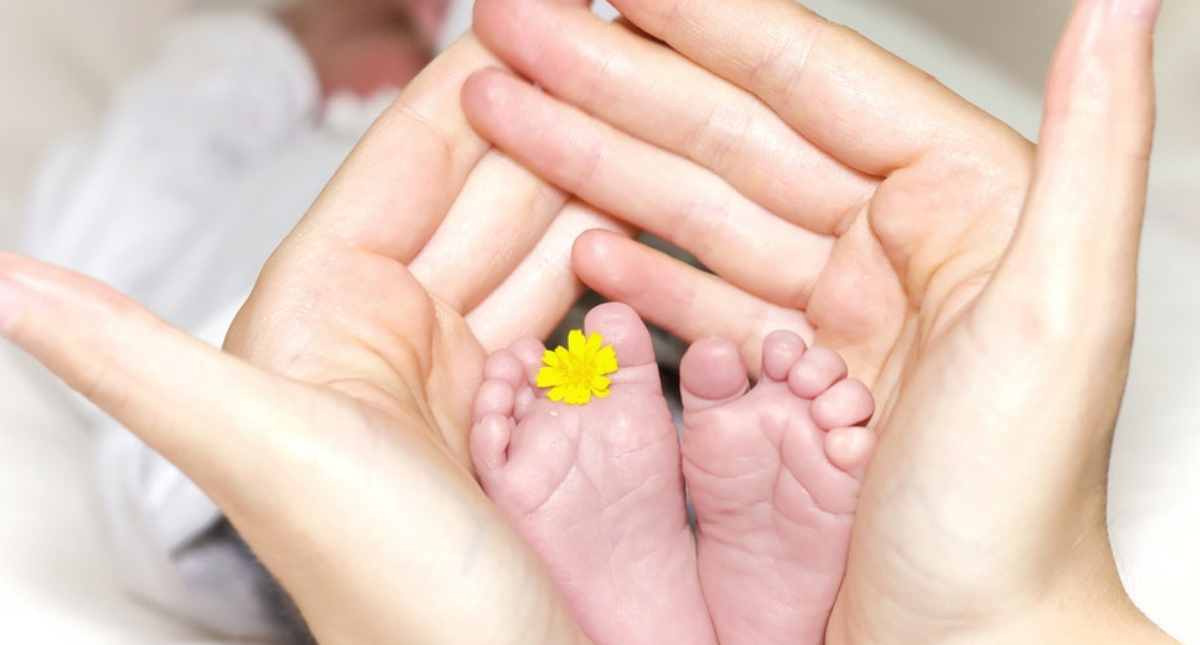

Parents play the most significant role in their child’s language development. Chances are you are already doing way more than you have realized to help your child develop a working vocabulary. I love this topic because I am a Reading Specialist. Reading comes a little later down the line after children first develop a listening vocabulary, then a speaking vocabulary. But the process of how they learn to speak and then later read and write is the same process. As a parent, you can do some deliberate things to help foster an environment that will be conducive to your child’s developing language. I’m going to cover some easy and simple ways that you can encourage language development in your child in today’s article.
Talk To Your Child
Talk to your child often. This might sound too simple, but if you think about it, this is how your baby learned to say his or her first word. They learned by listening to you talk. The more that you communicate out loud with your child, the more he or she will have opportunities to learn how language works. Talk about what you are doing if they are watching you cook or clean. Talk to them when you hand them their toys. Say things like, “Here is your red ball.” Be yourself and talk to your baby often. It will go a long ways towards your child developing a vocabulary.
Read To Your Child
Reading to your child is one of the best ways for him or her to learn a language. Read aloud to them with books that have pictures, and explain the pictures. Point to the pictures as you show them “the big red dog” or the “man with the yellow hat.” Read them books that have repetitions and rhymes. Dr. Seuss wrote some wonderful books that help children to hear how language works. Read, and often read to your child.
Sing With Your Child
Nursery Rhyme Songs and other children’s’ songs, can greatly help your child to hear language and develop their own vocabulary. There is something special about music with its beats, rhythms, and melodies that promote language development. Use times like driving in the car to sing to and with your child.
Use Television Carefully
While some television shows can be beneficial to your child’s language development, too much can actually hinder it. The American Academy of Pediatrics recommends that children younger than two not watch TV at all. They also suggest that children over the age of 2, watch no more than 2 hours of quality television shows a day.
Take Field Trips
As you go places together with your child, talk about all of the things that you are seeing. Go to the zoo, the park, the library, etc. and talk about all that you are seeing and experiencing together. When a child experiences something first hand, that experience can encourage them to talk. For example, they may want to point at a giraffe at the zoo while saying something like “Jaff.” This is all great. Respond with something like, “Yes! That is a giraffe! Good job!”
Speak Clearly
Make it a practice to speak clearly. How a child learns a language is truly a remarkable thing. People that are born not being able to hear must learn to talk without ever hearing words. They are at a big disadvantage and often can’t make the words sound quite right. This same principle applies to your child. He or she will only be able to learn what they are hearing. So make it a practice to speak clearly. Sometimes that also involves slowing down your sentences a bit so that he or she can hear each word clearly.
Repeat What They Say
Repeat back to your child what he or she says. For example, if they say, “Go store.” You can add in words, like “Yes, we are going to go to the store.” Positive reinforcement goes a long ways towards encouraging your child to say more words.
Play Together
Take the time to play with your child with toys. Make sure to talk and label out loud what you are playing with. For example, pick up a block and say, “block.” Then pick up a toy car and say “car,” and so on. Give lots of positive praise when your child uses the right word for a toy. Ask them to show you certain toys and then say what the toy is. For example, say “Show me your doll.” When your child picks out the correct toy, respond positively by saying something like, “Doll! Yes, that’s a doll! Good job!”
Encourage Your Child To Imitate You
Teach and encourage your child to follow your lead and do what you do. For example, clap your hands and then ask your child to clap his or her hands. While this all sounds simple, what is happening is that your child is learning the word “clap” and “hands.” This will encourage them to start using those same words in the future.
Final Thoughts
Your child is going through an amazing process of learning to communicate by using words. I hope that these ideas that I’ve written have given you some ways to help him or her along in that process. This can be such a fun time, to hear your child start to use new words. Remember to talk and read to them often. Also, involve them in as many activities as you can while you talk with them about the experiences. Best of luck!







